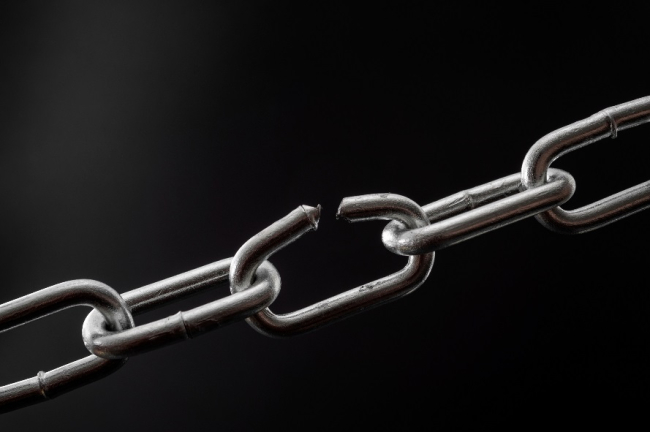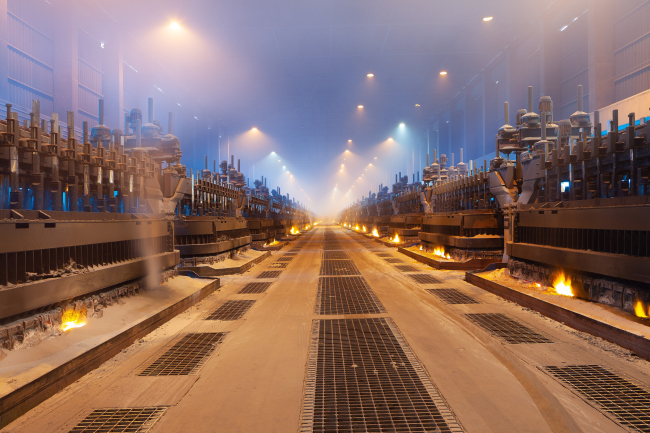Fragilized Clean Tech Supply Chains, Weakened Industries: the EU under Pressure

Practical information
Accessibility
Themes and regions
Related centers and programs
Registration required. Create an account or log in to register for the event.
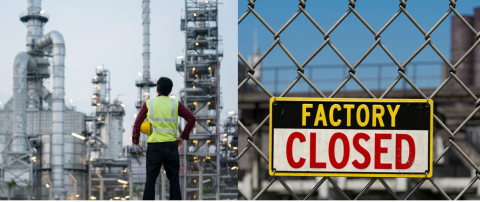
The Clean Industrial Deal will need to square the circle of industrial resilience, competitiveness, reindustrialization, innovation and decarbonization. The circular economy act can be paramount in this respect, alongside winning the battle of the electricity system expansion and decarbonization, and of supplying competitive low carbon molecules.
Stakes are high given that tacitly reducing industrial activity to reach climate targets would be a serious mistake in our brutal world and would lead to irreversible vulnerabilities and political and economic damage. New electric vehicles (EV) value chains appear to be much more fragile than thought while external pressures grow. What do next level policies look like, and what decisive actions are needed in a context of budget constraints and systemic economic challenges in order to respond to the urgency of the domestic economic situation, and sharply deteriorating external environment?
Program
Welcome & Coffee (8:30 am - 9 am CEST)
Introduction (9 - 9:10): The energy transition in times of war and geoeconomic confrontation
Marc-Antoine Eyl-Mazzega, Director, Center for Energy and Climate, Ifri
Panel 1: Winning the battles of a decarbonized and competitive electricity system and low carbon molecules uptake (9:10 – 10:15)
Paul Voss, Director General, European Aluminium Association
Jan Hensmans, Adviser external relations at Economie-Directorate General Energy, Belgium Federal Public Service
Pierre-Laurent Lucile, Chief economist, Engie
Gabrielle Gauthey, CEO representative to the EU institutions, TotalEnergies
Mariusz Kawnik, Energy counsellor, Polish Permanent Representation to the EU
Moderation: Diana-Paula Gherasim, Research fellow and Head of European Energy and Climate Policies, Ifri
Panel 2: Circular economy act – how to foster a more resilient, competitive and sustainable economy across all Member states? (10:20 – 11:30)
Diana-Paula Gherasim, Head of European Energy and Climate Policies, Ifri
Antoine Troesch, CEO, Demeter
Ilse Schoeters, Director product stewardship nickel & cobalt, Glencore
Sébastien Daziano, Director for strategy and innovation, Veolia
Jan Tytgat, Director government affairs, Umicore
Moderation: Thibault Michel, Research fellow, Ifri
This event is public and will be held in English in a hybrid format (online or on-site in Brussels).
Contact
For additional information regading this event, please contact
Alexandra Bor, Center for Energy and Climate assistant: [email protected]
Find out more
The Troubled Reorganization of Critical Raw Materials Value Chains: An Assessment of European De-risking Policies
With the demand for critical raw materials set to, at a minimum, double by 2030 in the context of the current energy transition policies, the concentration of critical raw materials (CRM) supplies and, even more, of refining capacities in a handful of countries has become one of the paramount issues in international, bilateral and national discussions. China’s dominant position and successive export controls on critical raw materials (lately, germanium, gallium, rare earths processing technology, graphite, antimony) point to a trend of weaponizing critical dependencies.
The Aluminum Value Chain: A Key Component of Europe’s Strategic Autonomy and Carbon Neutrality
The United States of America (US), Canada and the European Union (EU) all now consider aluminum as strategic. This metal is indeed increasingly used, especially for the energy transition, be it for electric vehicles (EVs), electricity grids, wind turbines or solar panels.
The Prospects of Indonesia’s Nickel Boom Amidst a Systemic Challenge from Coal
Indonesia is a country that is booming economically and demographically. This not only matters for regional, political, and energy security, but also increasingly, for the world’s energy transitions, due to Indonesia’s large metal reserves, as well as its equally important coal consumption in industry and for power generation.
Over the last 20 years, Indonesia’s economy has been characterized by very dynamic growth, massive increases in its electricity demand, and coal consumption and exports. Hence, its greenhouse gas (GHG) emissions are on a steady growth trajectory, although the country has committed to lowering them by 32% (unconditional) or 41% (conditional) by 2030.
With its Organization for Economic Cooperation and Development (OECD) membership application, occurring in the context of global energy transition requirements and geopolitical confrontations, Indonesia is today at a crossroads.
Related Subjects
Other events
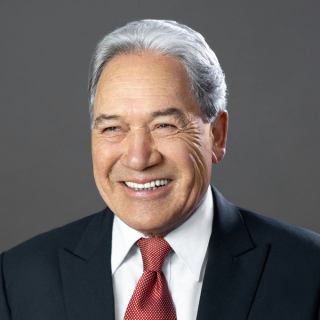
Lunch debate with Winston Peters, Deputy Prime Minister and Minister of Foreign Affairs of New Zealand
Discussion co-chaired by Thierry de Montbrial, Executive Chairman of Ifri, member of the Academy of Moral and Political Sciences, and Marc Hecker, Deputy Director of Ifri (in English without translation).
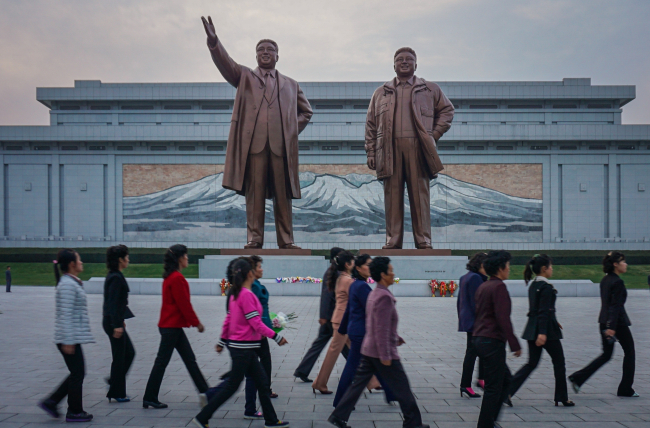
North Korea Beyond Nukes: Focusing on the Human Rights Challenge
Debates surrounding North Korea are primarily focused on security issues, particularly nuclear and ballistic concerns, relegating the critical situation of the North Korean population and human rights violations to the background. The lack of information about the real living conditions of North Koreans contributes to the absence of attention and discussion on this crucial issue.

Shaping Europe’s Technological Sovereignty
In the wake of Donald Trump's re-election in the United States, Europeans face a crucial imperative: rethinking their sovereigny, especially in the technological realm. What will be the strategic priorities and action levers of the new European Commission on this issue? What assessment can we make of the previous Commission’s achievements and challenges in navigating Sino-American technological competition, transatlantic dependencies, and emerging global partnerships?










